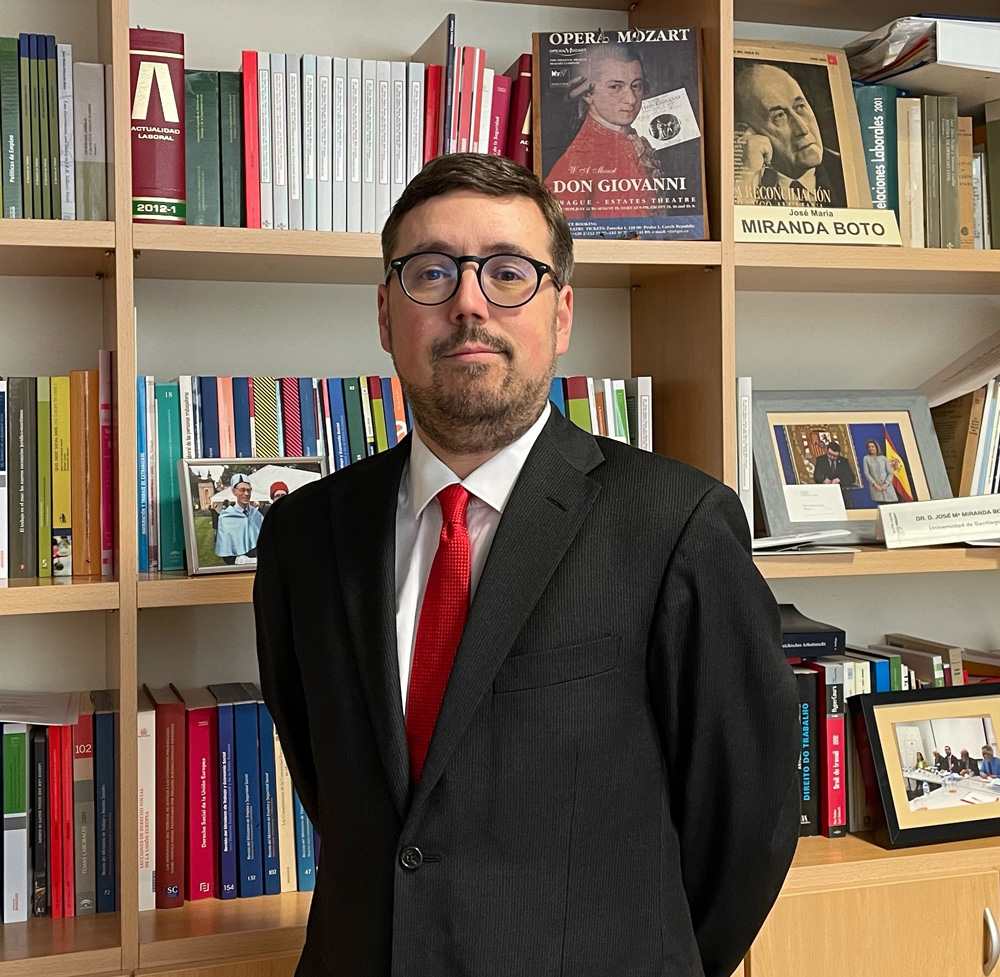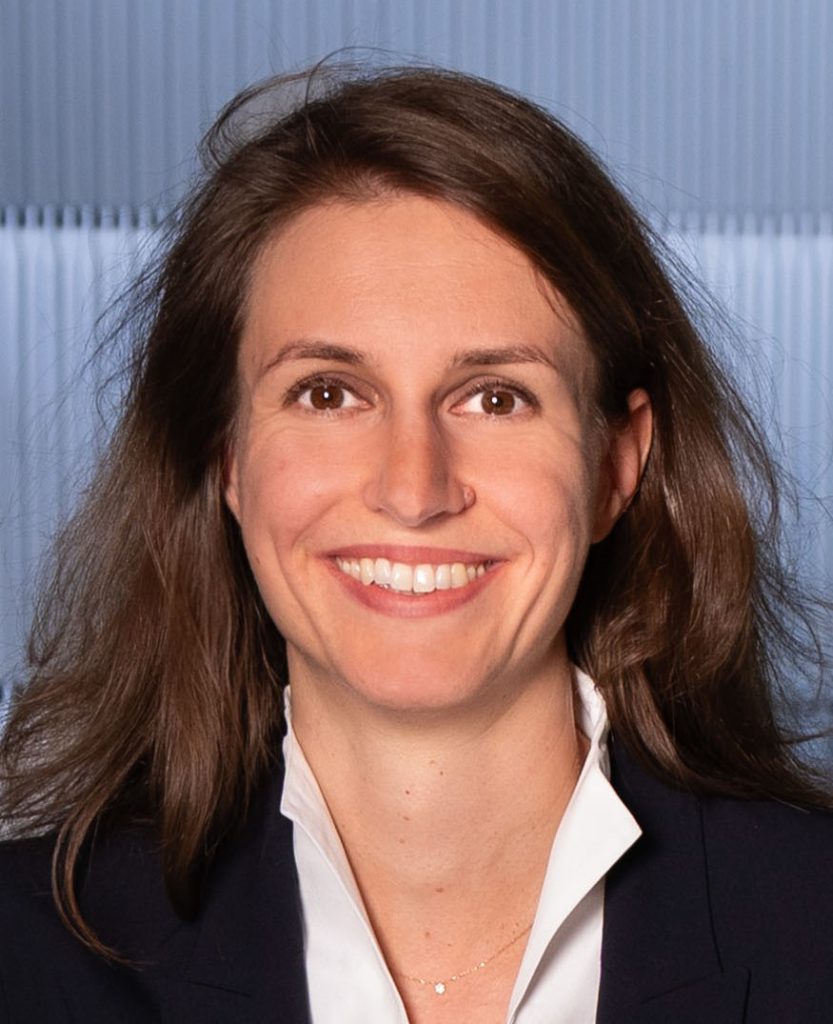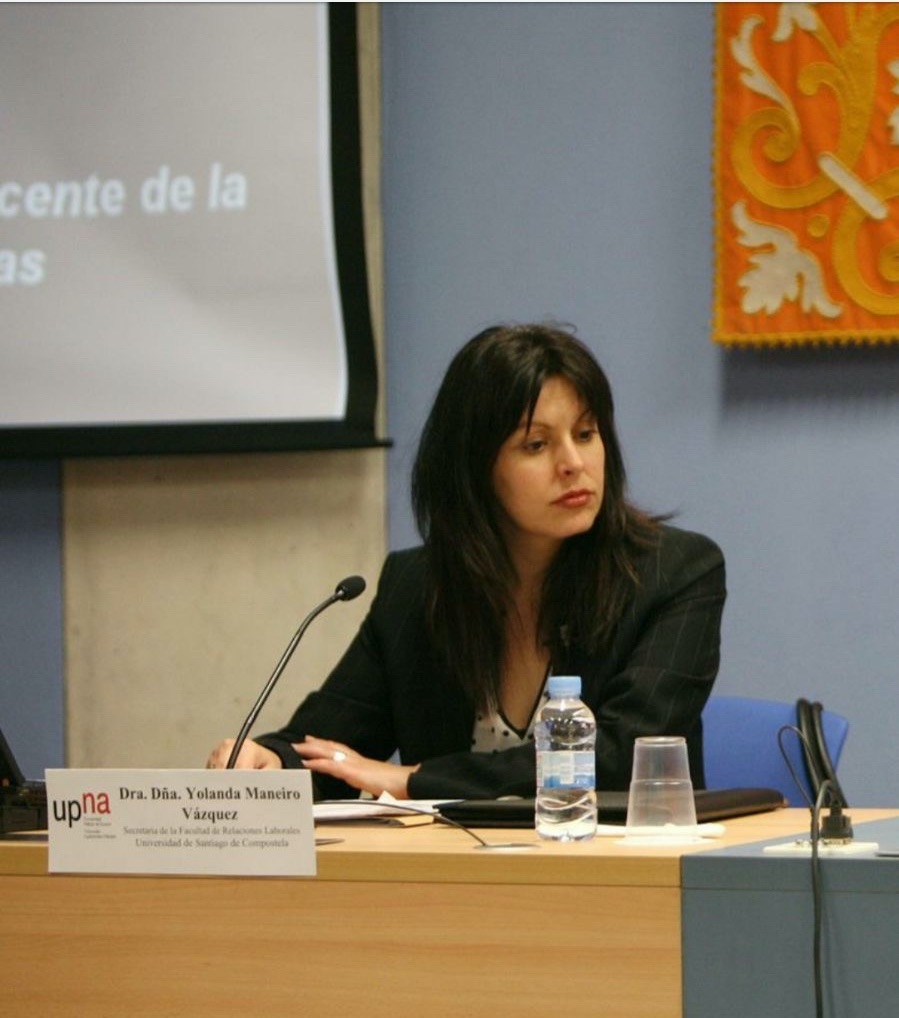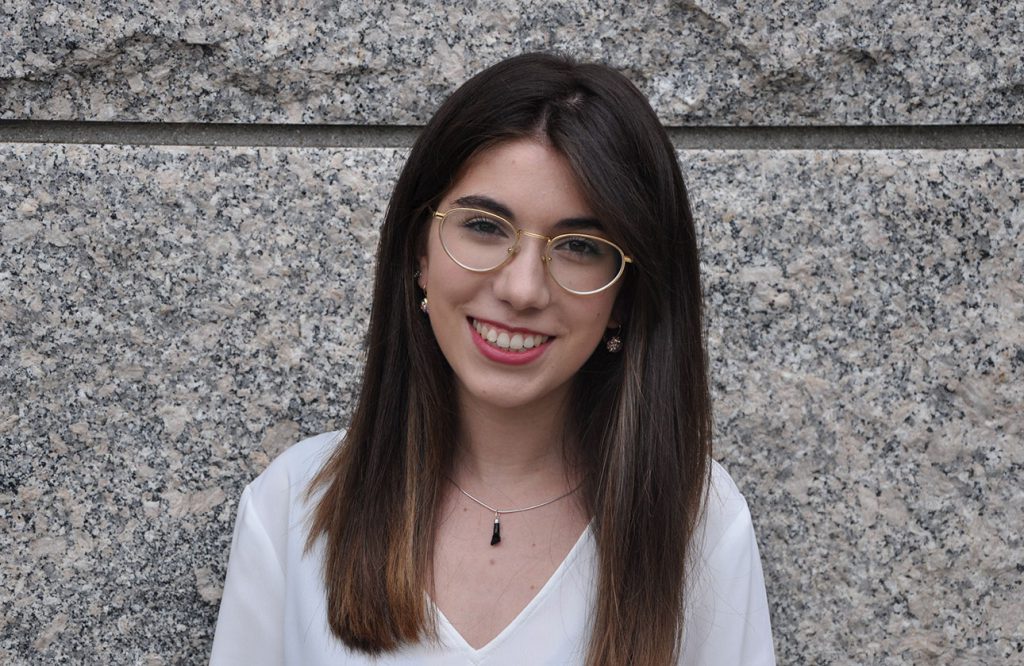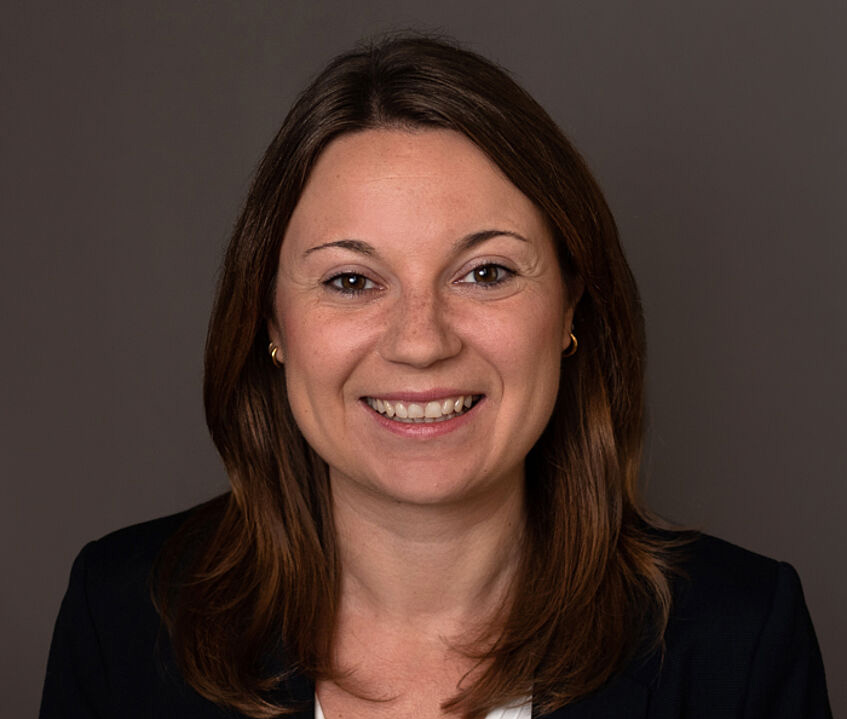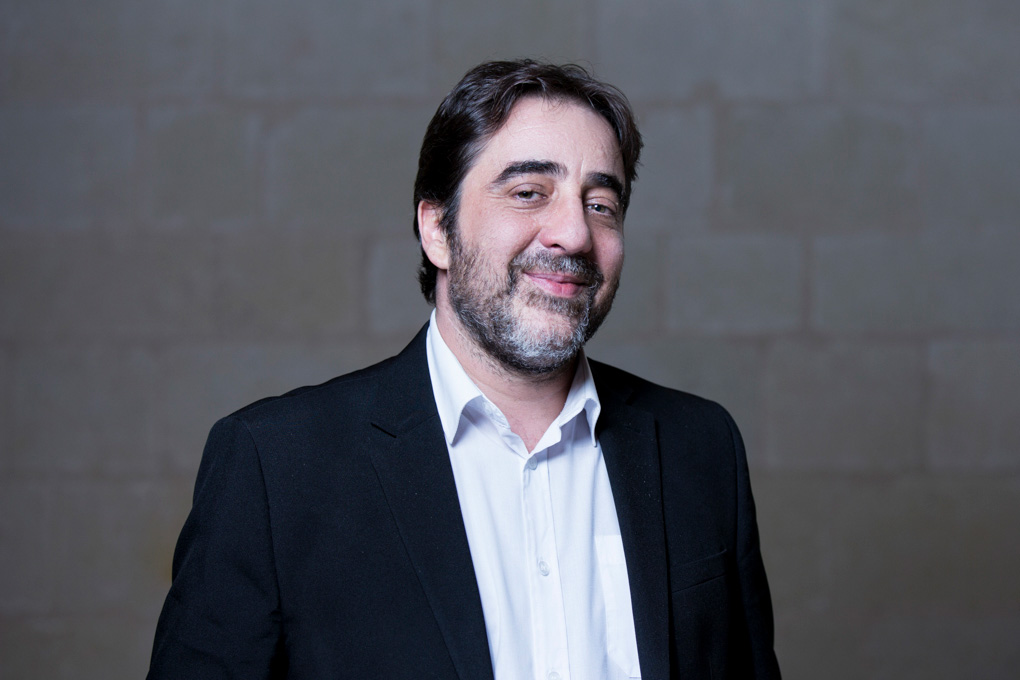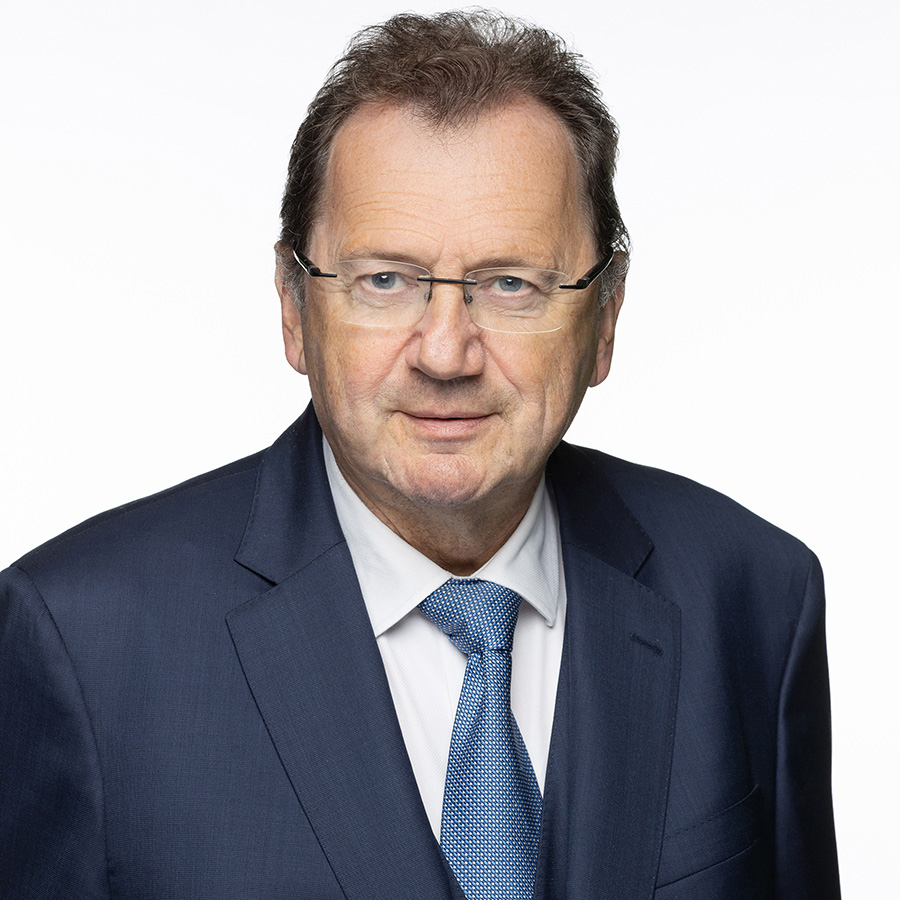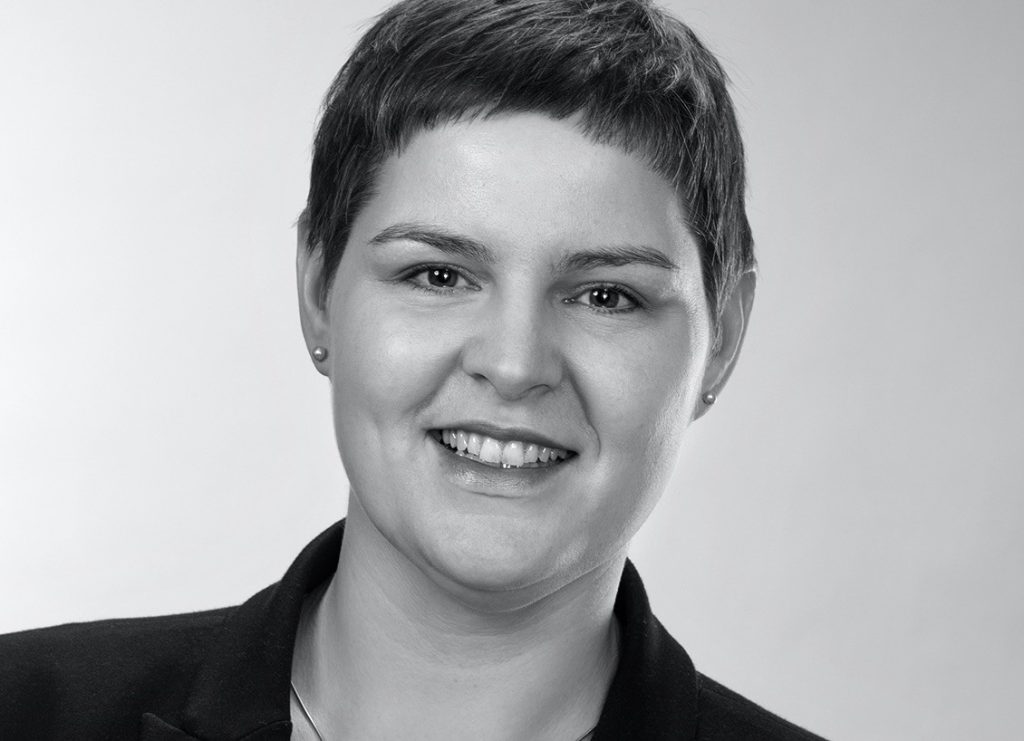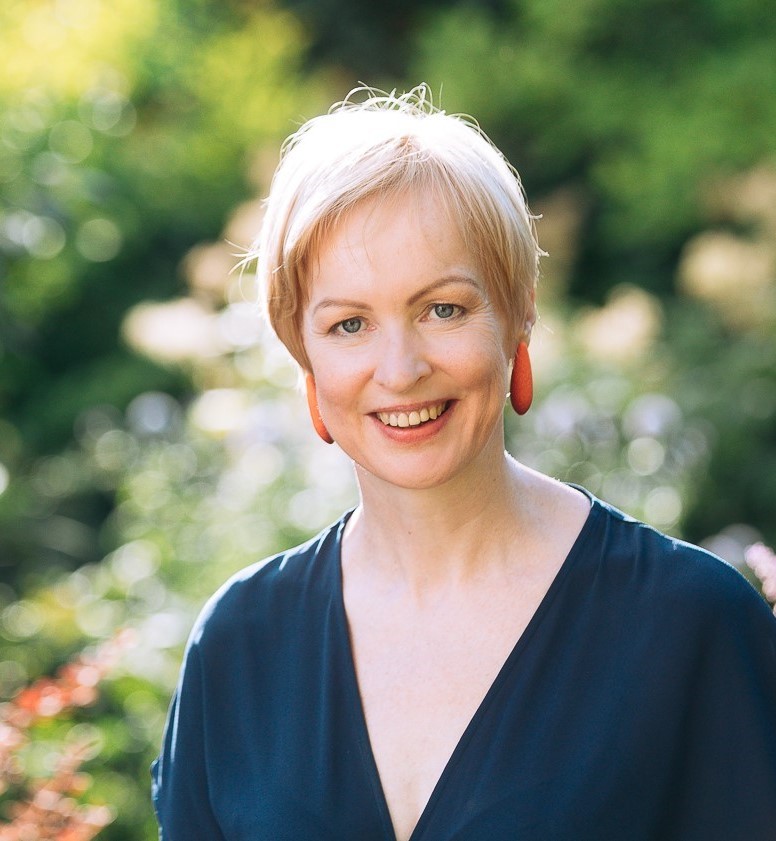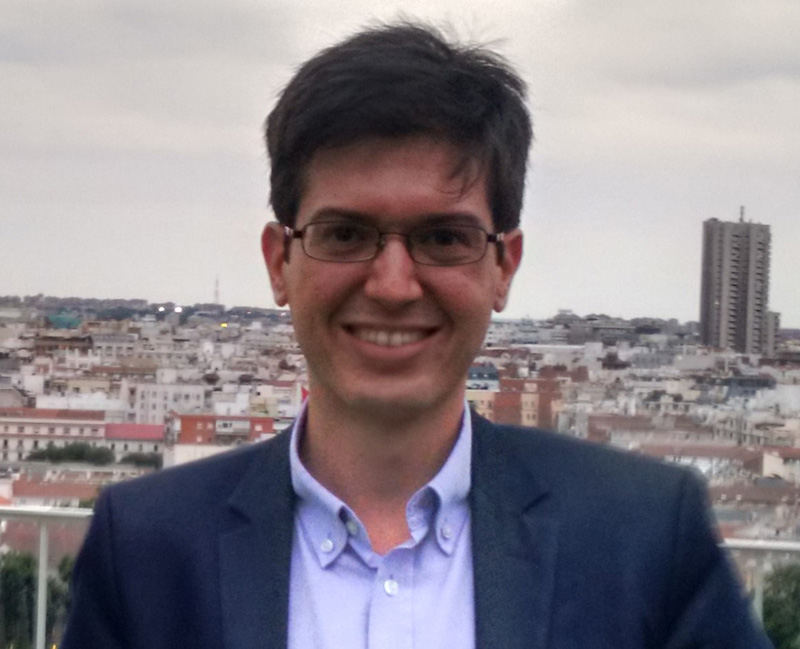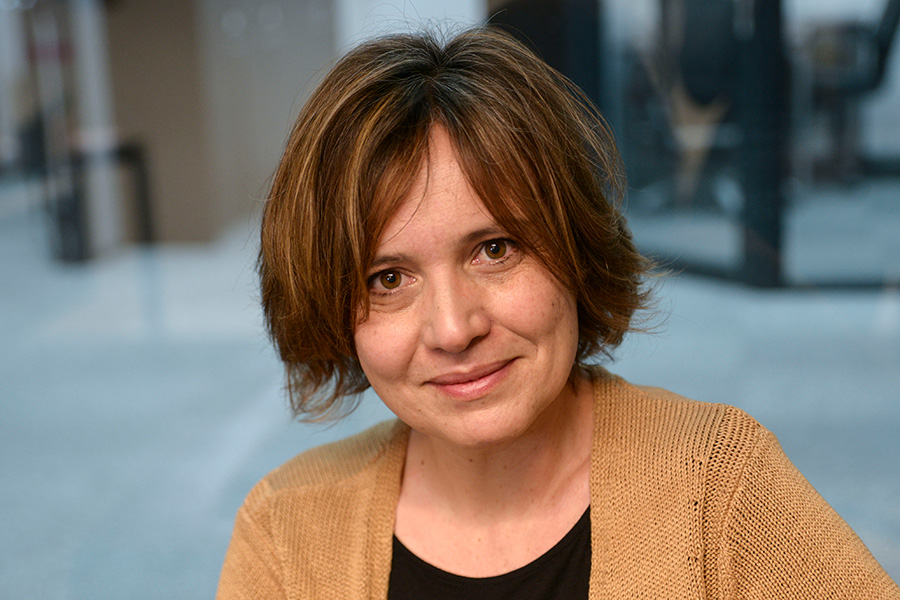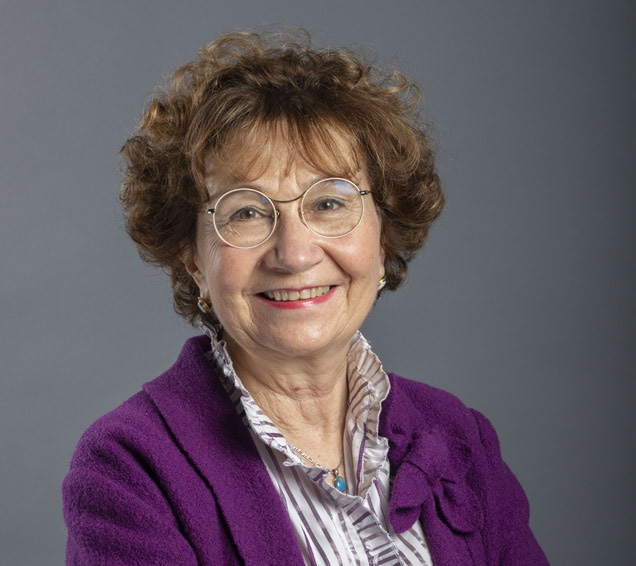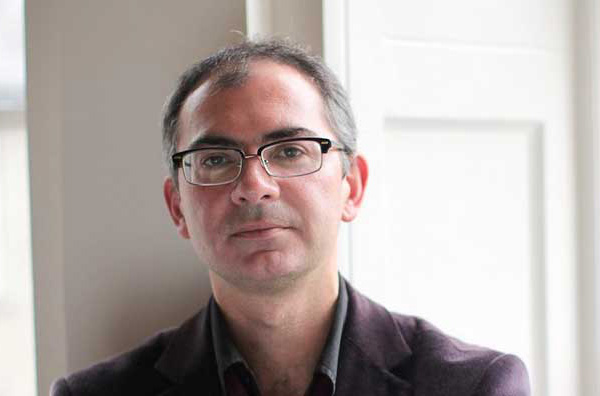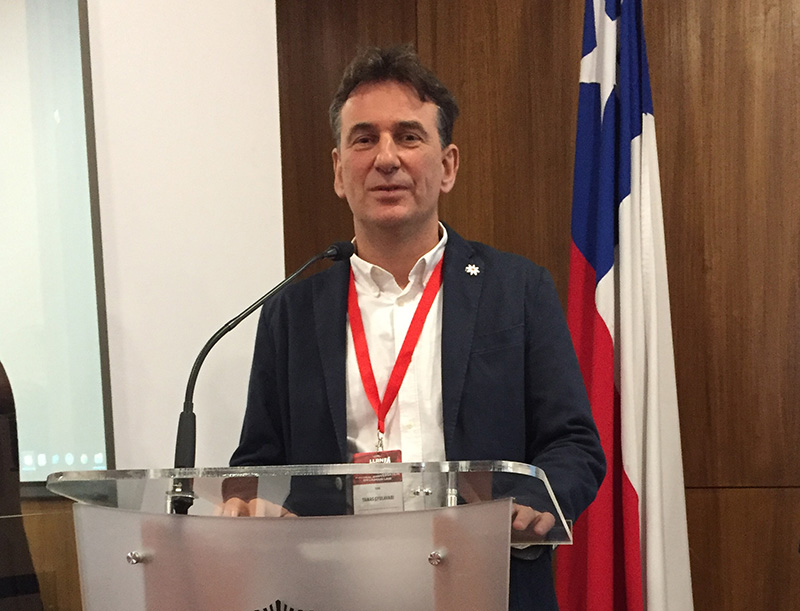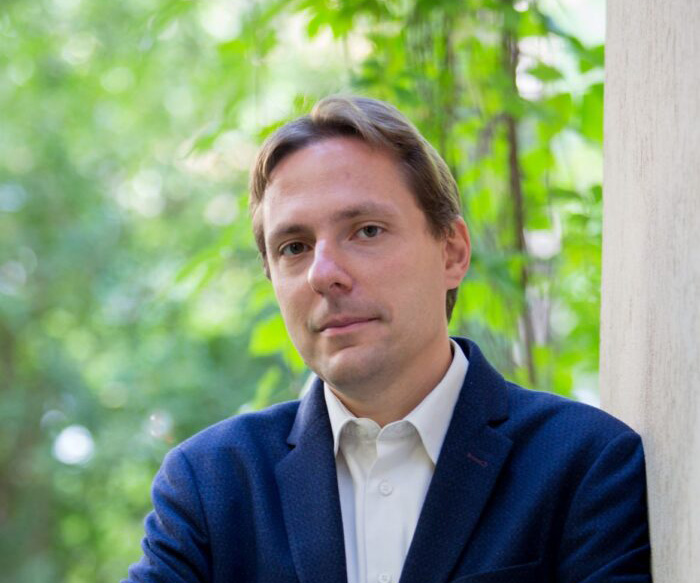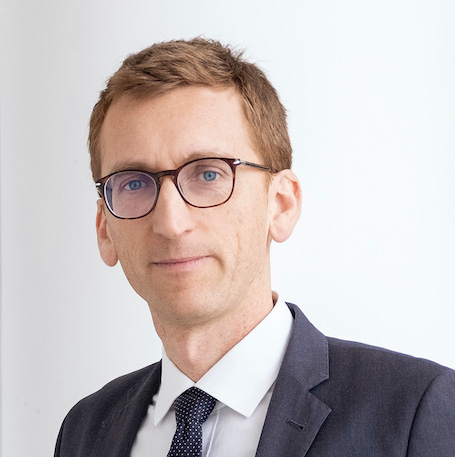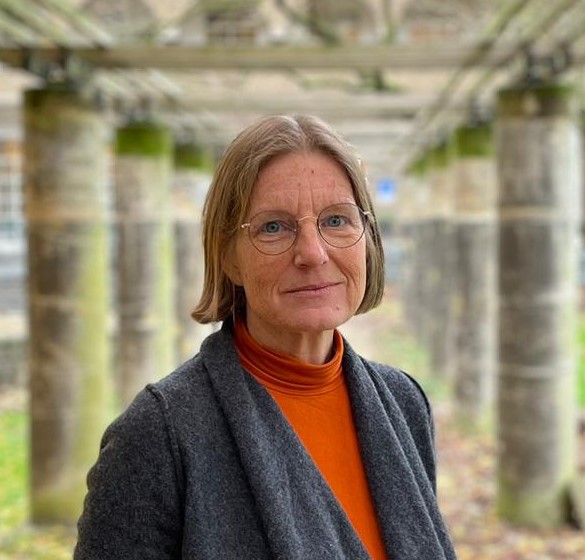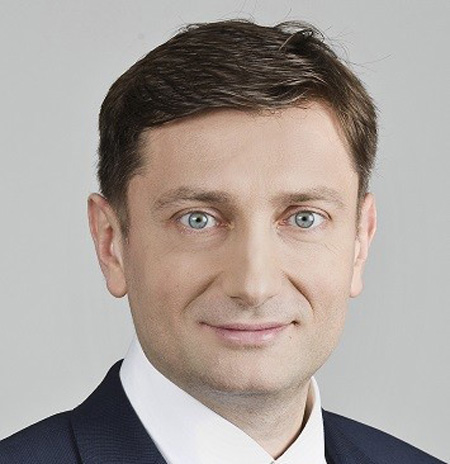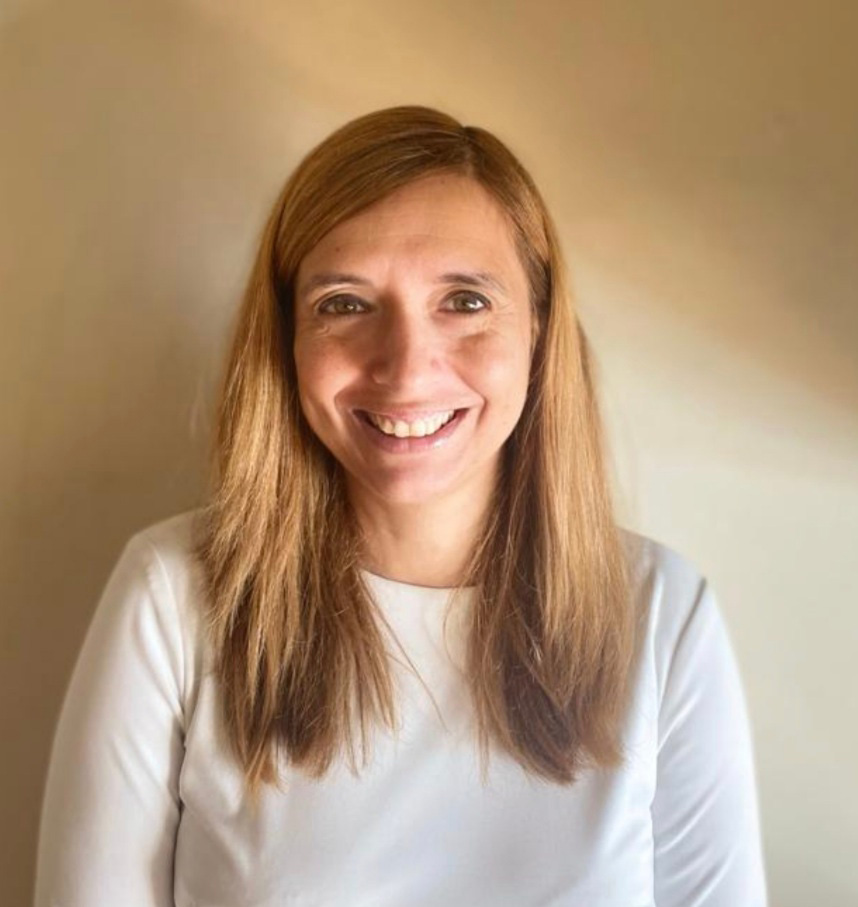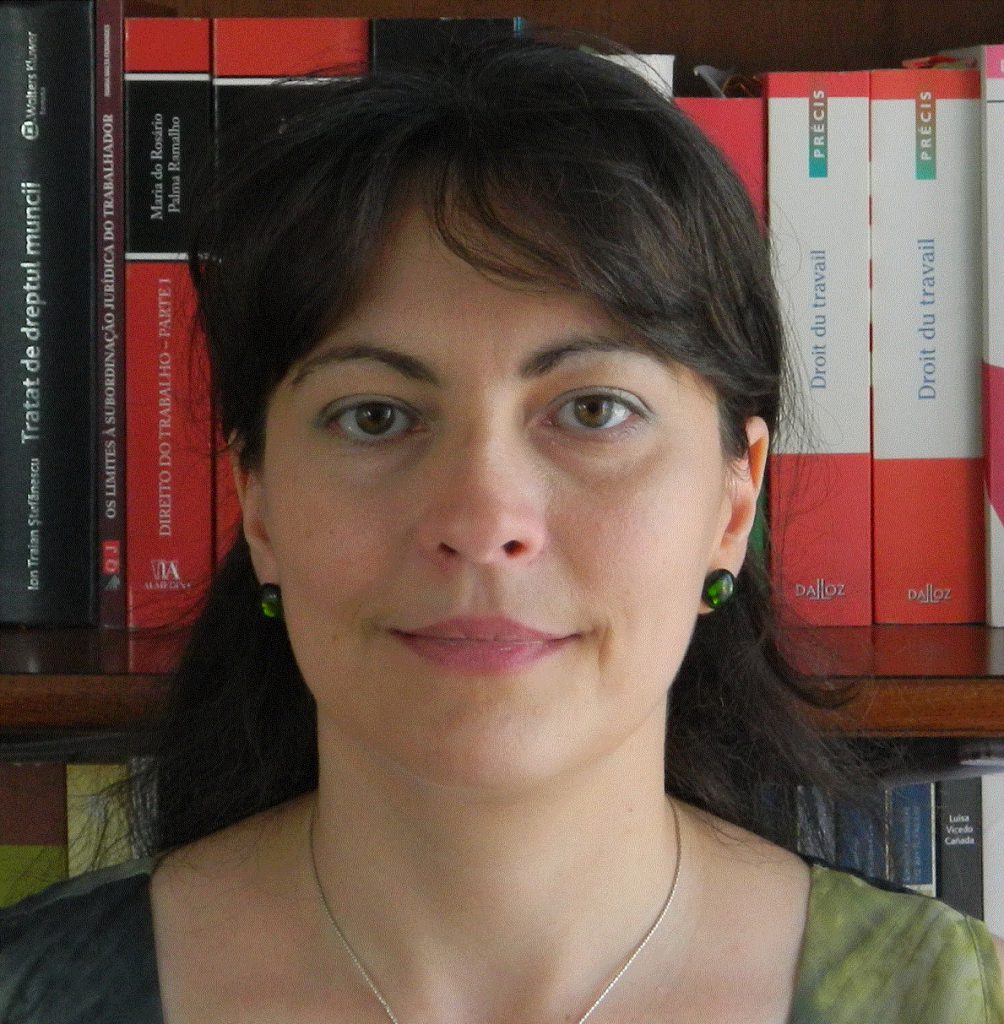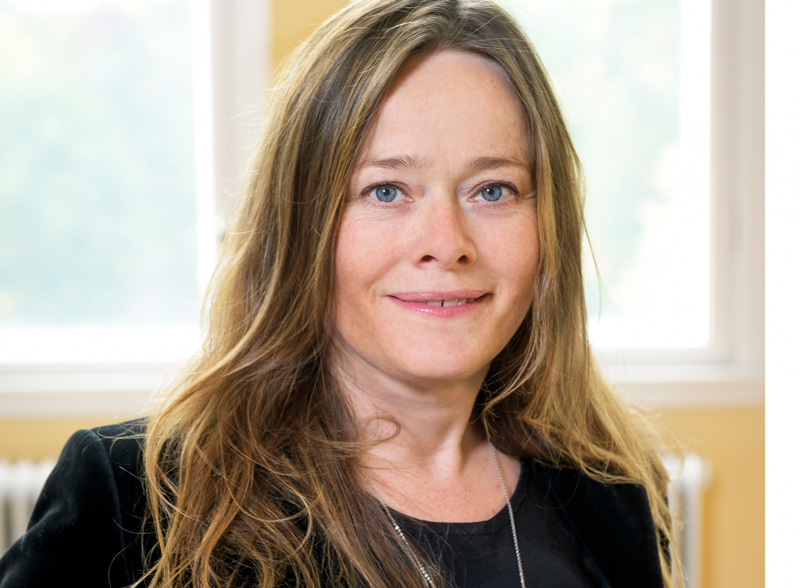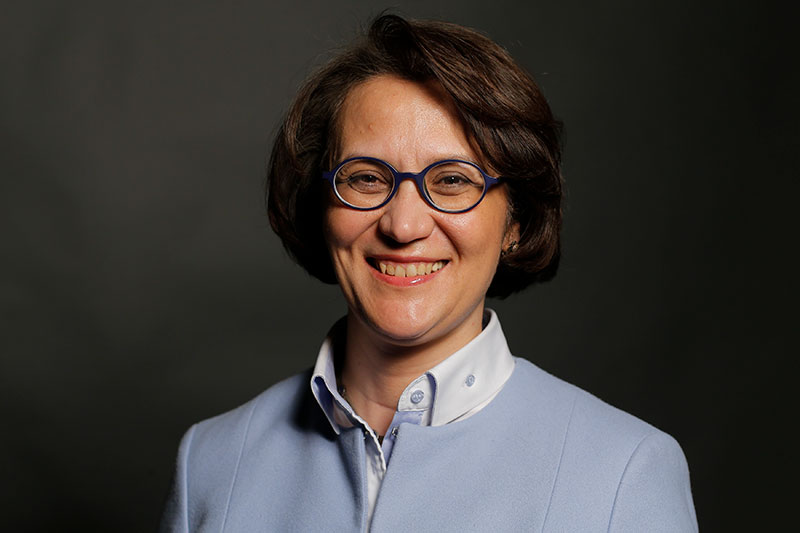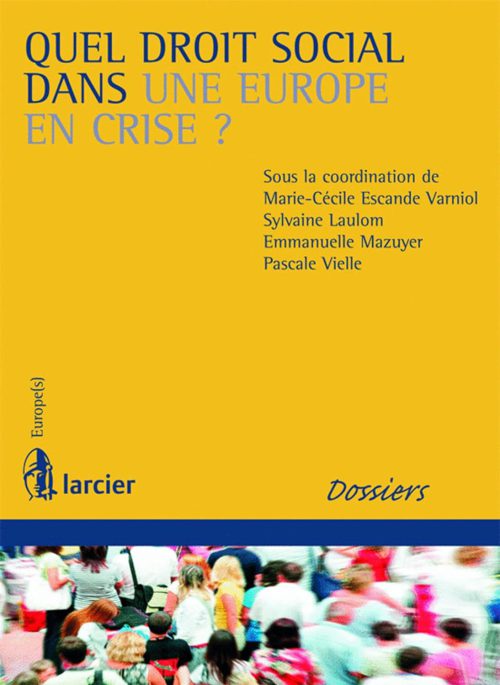The consortium is integrated by 3 beneficiaries (Universidade de Santiago de Compostela – USC, Universität Wien – UVienna, and ASTREES) and 15 associated partners. The team is composed by 23 researchers (detailed in MEMBERS), from 15 countries (14 Member States and Turkey), and administrative staff from the beneficiaries.
The coordination and scientific direction of the project will be undertaken by the USC and its research group. The USC, with more than 500 years of history, is one of the most traditional universities in Spain and the motor of knowledge and culture in the humanity heritage cities in which develops its activity, Santiago de Compostela and Lugo. José María Miranda Boto, member of the staff of the USC, will be the scientific director of the project. He has been already project manager of the COGENS project (VS/2019/0084), member of the steering committees of previous EU research projects and has directed several funded research projects in Spain.
The UVienna will take charge of the organization of the first transnational Seminar, with the implied tasks of animation and dissemination of the results and helping in the draft of the general tasks of the project. Founded in 1365, the UVienna is the oldest university in the German-speaking world and one of the largest in Central Europe. It is associated with 15 Nobel Prize winners and has been the academic home of a large number of figures both of historical and academic importance. Elisabeth Brameshuber, member of its staff, will be the scientific co-director of the project. She has been already project co-manager of the COGENS project (VS/2019/0084), member of the steering committees of previous EU research projects and has directed several funded research projects in Austria.
The third member of the consortium, ASTREÉS, will give assistance to the co-coordinators of the project in designing and organizing the 2 transnational seminars and the final conference planned, especially regarding the recruitment of participants in the different events: social partners at national and European levels; representatives of national, European or international stakeholders; academics and experts from other scientific field. ASTREES is a not-for-profit organisation (association Loi 1901 –France) working mainly on social dialogue, labour markets and restructuring in France and Europe. ASTREES’s main activities focus on empirical studies, training sessions (especially of employee reps in European Works Councils) and debates (through conferences and temporary or permanent working groups) around the evolutions of work and employment at both French and European level.

